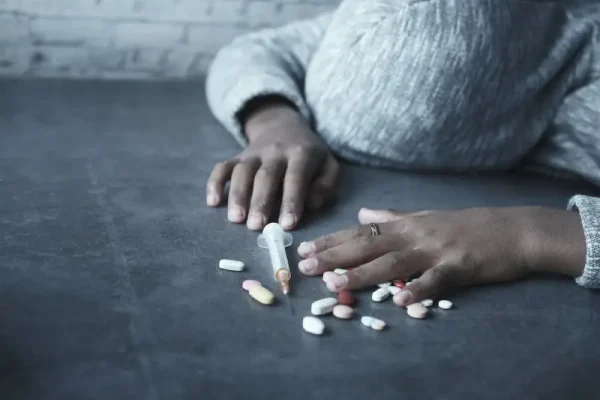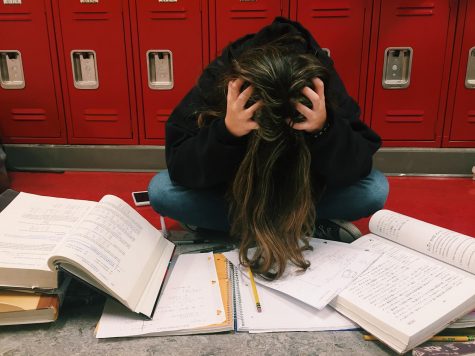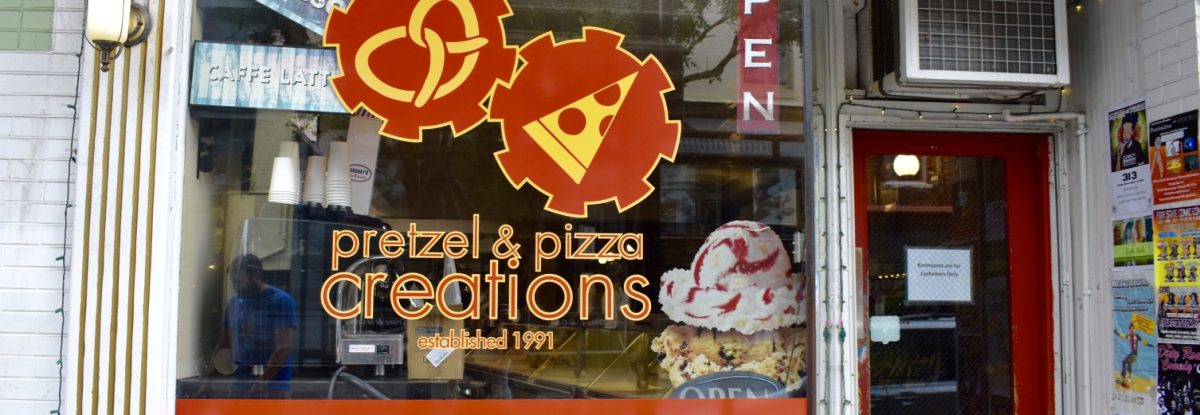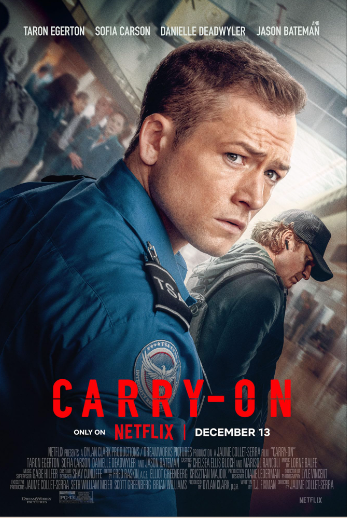People who have drug addictions should be helped, instead of penalized. This is significant as drug addictions happen everywhere, and can lead to mental disorders or tragedies.
Even though some people may think that drug addicts should be immediately disciplined instead of letting them receive help, we believe people who have drug addictions should be treated in rehab clinics or receive therapy, instead of going to a prison where they are heavily ostracized in a difficult environment.
Although, committing a crime against the law cannot be justified by being a drug addict, if an individual is going through an addiction issue they should be provided with special treatment for their addiction.

Highlighted statements among prisoner’s stories from The Marshall Project report: “I then asked, ‘And when will I be given my Suboxone?’ ‘It is unlikely you’ll be given that medication,’ she replied. ‘Put in a medical request form when you get to the housing unit.’ It was not a conversation, and I was immediately put back into a holding cell.” This was the case of a woman arrested at the age 23 and she was asking for her medications. Her charges were for possession of heroin and was a Class B felony in Oregon at the time.
The bad treatment that this woman received continued when she shared, “I walked through the double-locking doors into the hallway. A middle-aged deputy was standing there, her arms crossed. ‘Hands against the wall,’ she barked. I shuffled over to the wall in my jail slippers and put my hands on the wall. She patted me down intimately[…]” After that, the deputy mistreated her and she was a victim of sexual harassment.
The woman arrested also shared after that event: “She then silently escorted me to the holding tank for a medical. I stepped into it and the door locked behind me. There was no clock, and I had no watch. You can’t bring a book, paper, a pen or anything that might keep you occupied. With my withdrawal getting worse, I was freezing but sweating profusely.”
Another witness, told her experience fighting drug addiction after prison: “Margaret points out that although most prisons offer opportunities for detoxification and substitution therapy to halt the physical dependence on drugs, it is equally important to address the underlying cause of substance abuse and the emotions and thoughts which form the core of addiction. This goes for life in the prison setting, but also for life back in the community.” Margaret gives a first hand perspective of her experience going to prison while fighting a drug addiction, and how prison doesn’t provide the emotional help needed nor the right environment to those trying or needing to address substance abuse, according to the World Health Organization.
We would solve the drug addiction offering more therapy than prison for the ones affected by the drugs. Jail doesn’t have the opportunities and capacities to offer rehabilitation, it is a place full of bad energy and bad intentions; drug addicts need therapy, medications and doctors specialized in their condition helping them constantly, not more traumas and suffering. They also need to treat the cause of why they got into drugs, what led them to do that, they need therapy to overcome their addiction but also their trauma.
The solution is investing in addiction treatments programs, providing access to mental health services, implementing harm reduction strategies such as needle exchange programs or safe injection sites, etc. Treating drug addictions as a public health issue rather than solely a criminal, one can help individuals struggling with substance use disorders recover and integrate into society successfully.







































